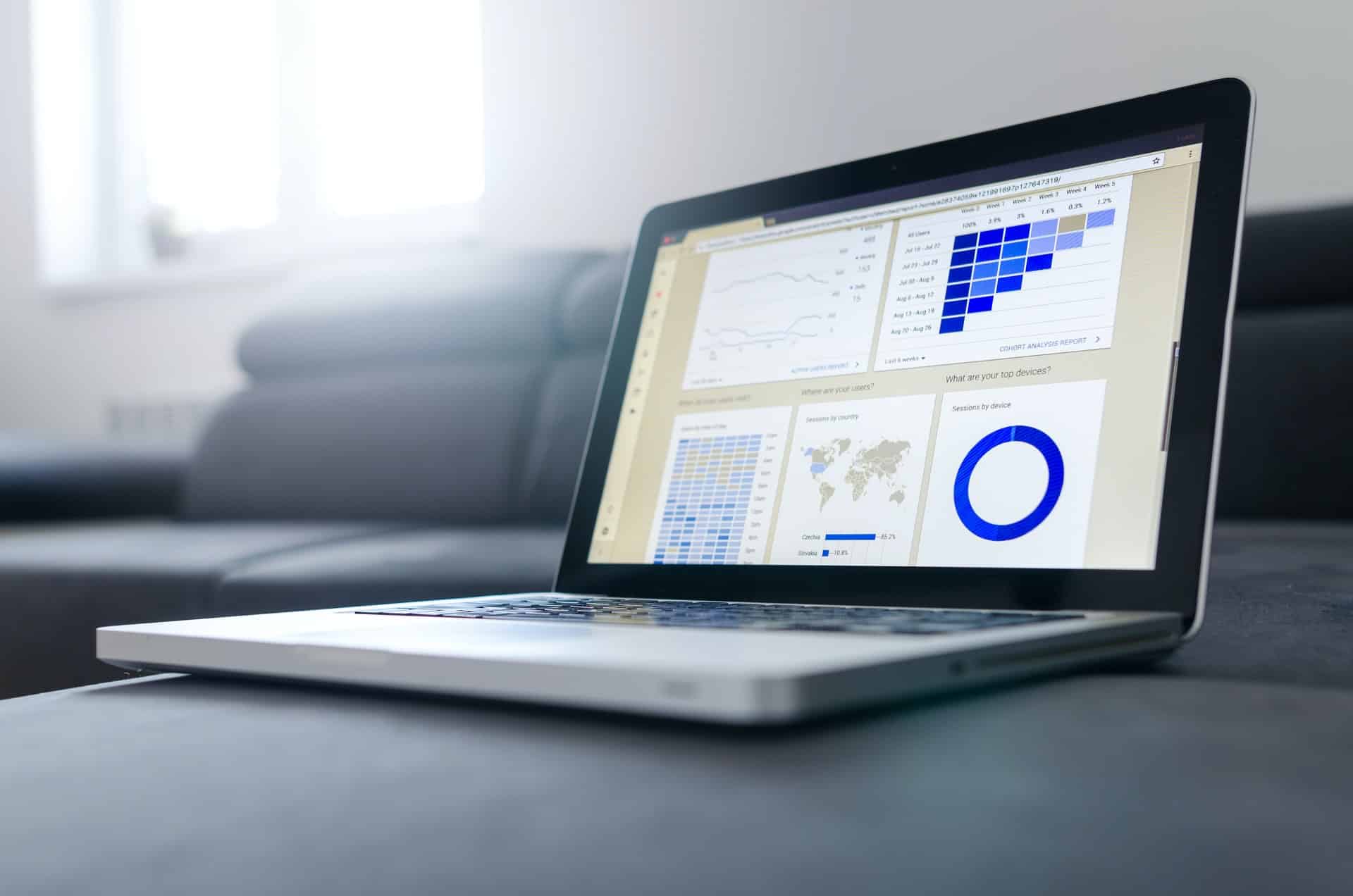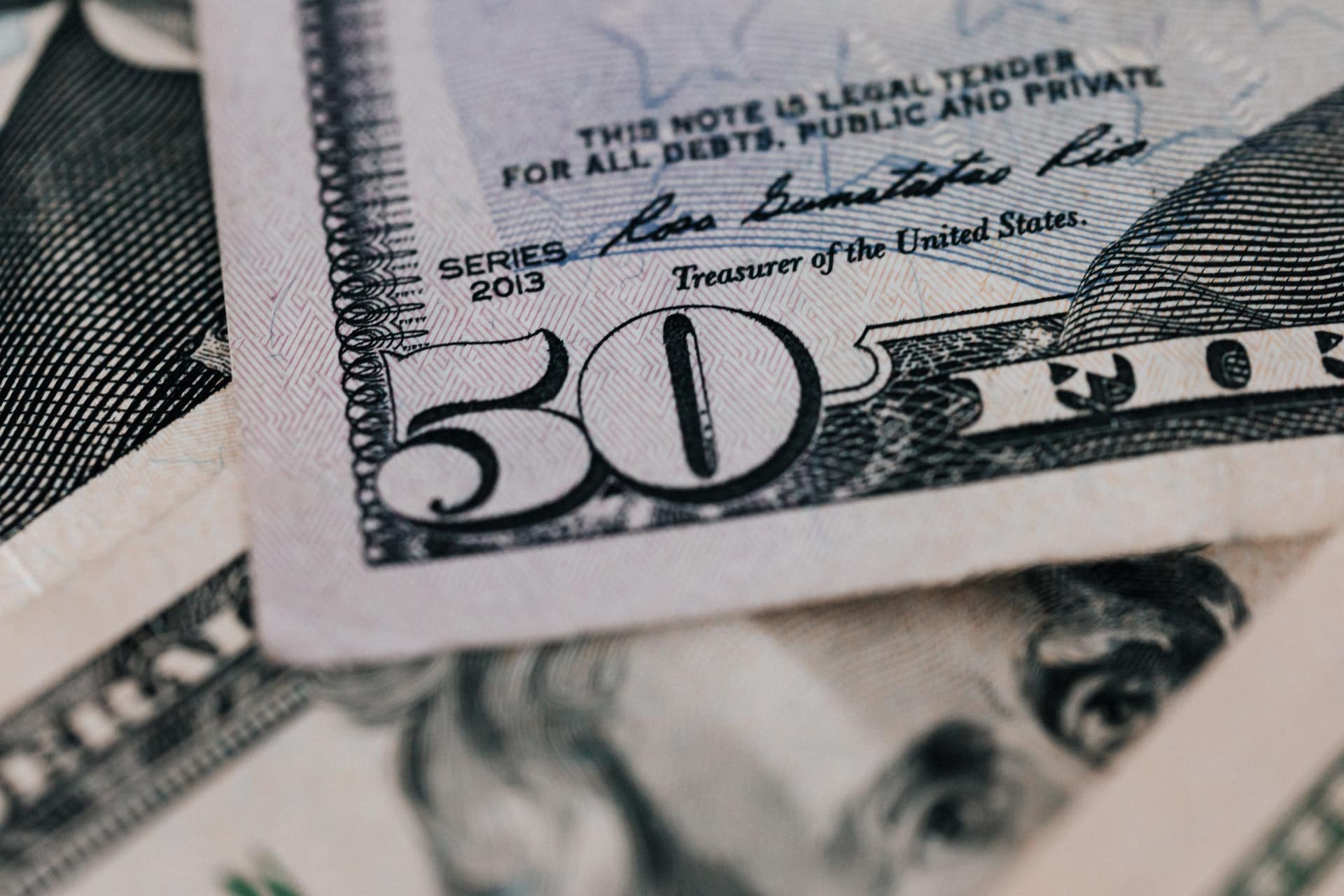How often should a financial checkup be completed? Just as it’s a good idea to get an annual physical checkup, you should also make it a priority to perform an annual financial checkup. Depending on your financial situation, you may find it helpful to do a financial checkup more often, like once a quarter, once a month, or even once a week.
Keep reading to learn more about financial checkups, how they work, and how they can be beneficial to you!
What Is a Financial Checkup?
A financial checkup, also called a financial review, is a general look at your overall monetary situation. The details contained in a financial checkup will change from person to person. If you are dealing with a low income, your financial checkups may consist of monitoring bank account balances and creating a yearly budget. If you have plenty of cash flow, your financial checkups may focus more on monitoring investments or business profits.
Whatever the financial checkup may look like, they all serve the same purpose; to monitor and keep track of a person’s finances.
How Does a Financial Checkup Work?
There are a few different ways a financial checkup can work. If you are an unorganized person, you may want to consult a financial expert. If you talk with a professional about your personal financial situation, they may be able to give you helpful advice on what you should be monitoring or what may be attainable financial goals to strive for.
But, if you find yourself to be an organized person, you may not need the assistance of a financial professional at all. Instead, you may want to get a planner and record any financial information you want to keep track of yourself. Some information you may want to keep track of in a financial checkup may be:
- Credit scores.
- Account balances.
- Debt-to-income ratio.
- Credit card balances.
- Late or missed payments.
- Any financial goals you have, and their progress.
Best Ways to Prioritize Your Financial Health
Check out the helpful personal finance tips below.
Check Your Credit Report Often
One of the most reliable ways to check up on your finances is to review your credit reports often. You can get a free copy of your official credit report from one of the three major credit bureaus once a year, or you can perform a soft credit check on your own. Soft credit checks are an informal look into your credit history but give most of the same information financial institutions receive when they perform official hard credit checks.
You can request a soft credit check via most banks or credit card issuers. In this report, you will see a breakdown of your financial habits as well as your credit score. Some financial behaviors you will see recorded on your credit report are:
- Payment history.
- Credit inquiries.
- Credit mix.
- Credit history.
- Debts and credit utilization.
Being familiar with your credit reports gives you an idea of how your current financial habits are affecting your financial health. From there, you can make adjustments to your behavior and monitor the increase in your credit score over time.
Start an Emergency Fund
Another way to prioritize your financial health is to have an established emergency fund like a savings account. Having a separate account where you make deposits regularly and spend from rarely will help you develop a financial safety net for unexpected expenses. Try not to look at your savings too often, and only withdraw for emergencies. You may be less tempted to spend extra cash if the money is in a separate account rather than your checking account that you may look at frequently.
Set Aside Extra Money for Retirement Accounts
It’s never too early to start retirement planning. In addition to having an emergency fund, you may also want to set up a retirement savings account. While you can pull from your emergency funds if the need arises, try never to touch your retirement account. Over time as you make more retirement contributions and accrue interest, you may have enough financing to live off comfortably when you retire. You may even be able to retire early!
Create a Personalized Budget
Make financial checkups easier by creating a personal budgeting system. Think about all of the necessities you pay for each month, and add them all up. This amount is your basic cost of living. Use that total as a tool to gauge how much money you want to be spending that particular month. If you are trying to save money, try to keep your spending to at or around your basic cost of living.
Some expenses you may want to include in your budget are:
- Rent or mortgage payments.
- Other monthly bills like utilities, electricity, etc.
- Groceries.
- Gas or transportation.
- Health insurance.
- Renter’s insurance (if necessary).
- Life insurance coverage (if necessary).
Stay Familiar With Your Account Balances
Use online or mobile banking to check your account balances often. Stay familiar with how much money you have available in your checking account, as well as how much you’ve been spending on any credit cards you have. Being aware of your account balances will help you avoid overspending and accidental overdrafts.
Do Your Federal and Income Taxes
Doing your taxes will also help you keep track of your finances. The Internal Revenue Service (IRS) collects taxes from American citizens on a yearly, semi-annual, or quarterly basis. People who fail to file their taxes on time may have to deal with financial or even legal consequences.
Pay Off Your Debts
During your financial checkups, take a look at how much debt you’ve paid off since your last review. Try to have a goal of paying off more and more debt each time you perform a financial checkup. The more debt you pay off, the more money you may be able to utilize as excess income for savings, budgeting, or catching up on other bills and debts.
You may also want to avoid accumulating potentially harmful debt like fast payday loans or car title loans.
Benefits of Financial Checkups
Why perform a regular financial checkup? Keeping your finances organized and reviewing your records often is essential for anyone looking to improve a bad credit score, save for the future, or meet other financial goals. See more details on the benefits of doing financial checkups on your own regularly.
Potentially Improve Your Credit Score
When you perform a financial checkup regularly, you are less likely to miss payments or accidentally overdraft your checking account. Avoiding these types of habits is crucial to anyone looking to improve their credit score. Once you have an established history of making payments on time and reducing your debt, you may see an increase in your credit score over time.
When you have a higher credit score, you will also be more likely to receive approval on loans with lower interest rates and even higher funding amounts!
Meet Your Financial Goals
Checking in on your finances regularly also gives you the chance to set financial goals. If you stick to your budgeting plans and monitor your progress, you will most likely achieve those ambitions! Your checkups can also serve as motivation as you set and reach your financial or other savings goals.
Helps Prevent Fraud
Financial checkups can also help you prevent identity theft and fraud. As you check your account balances regularly, you’ll notice right away if there are extravagant or suspicious charges you didn’t make. When you catch red flag signs of identity theft or fraud quickly, you can rectify the situation immediately, so you don’t run into larger financial issues.





